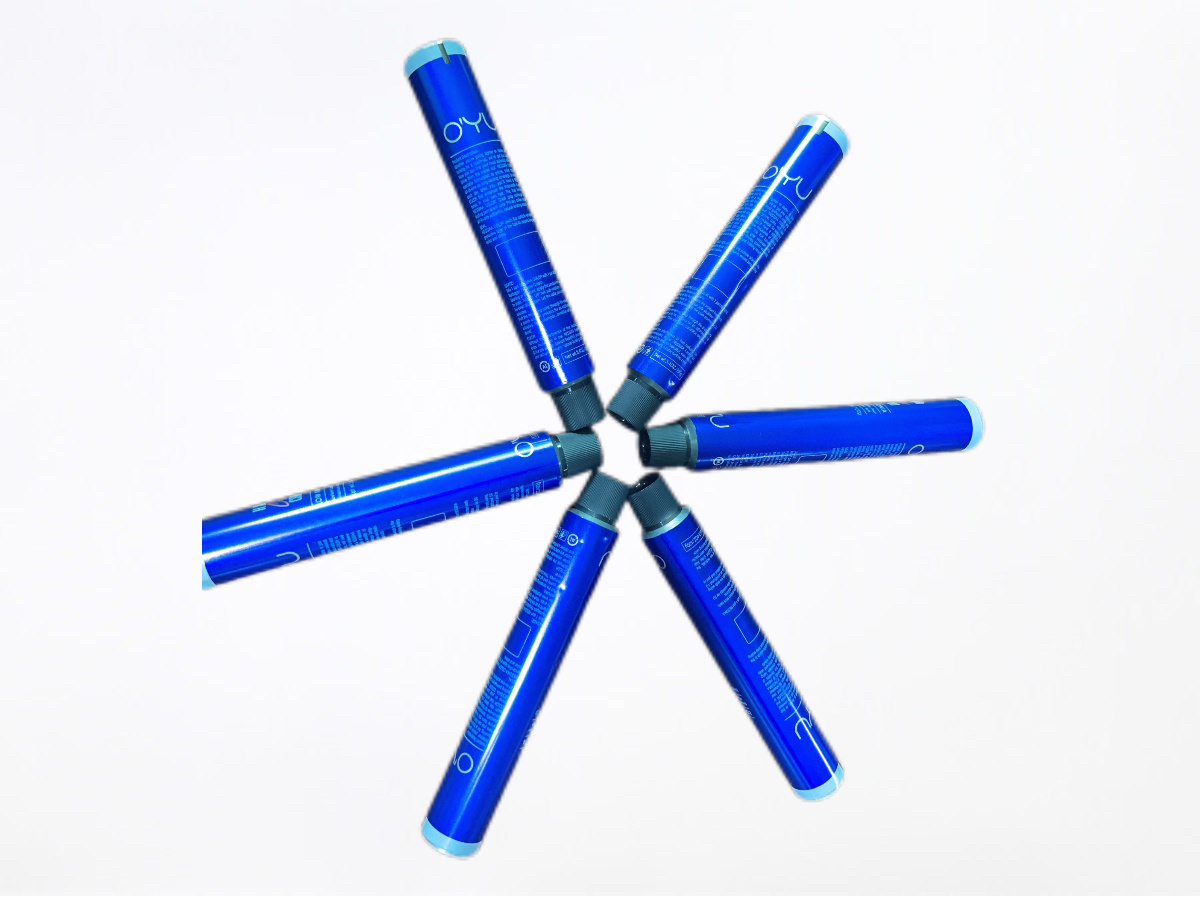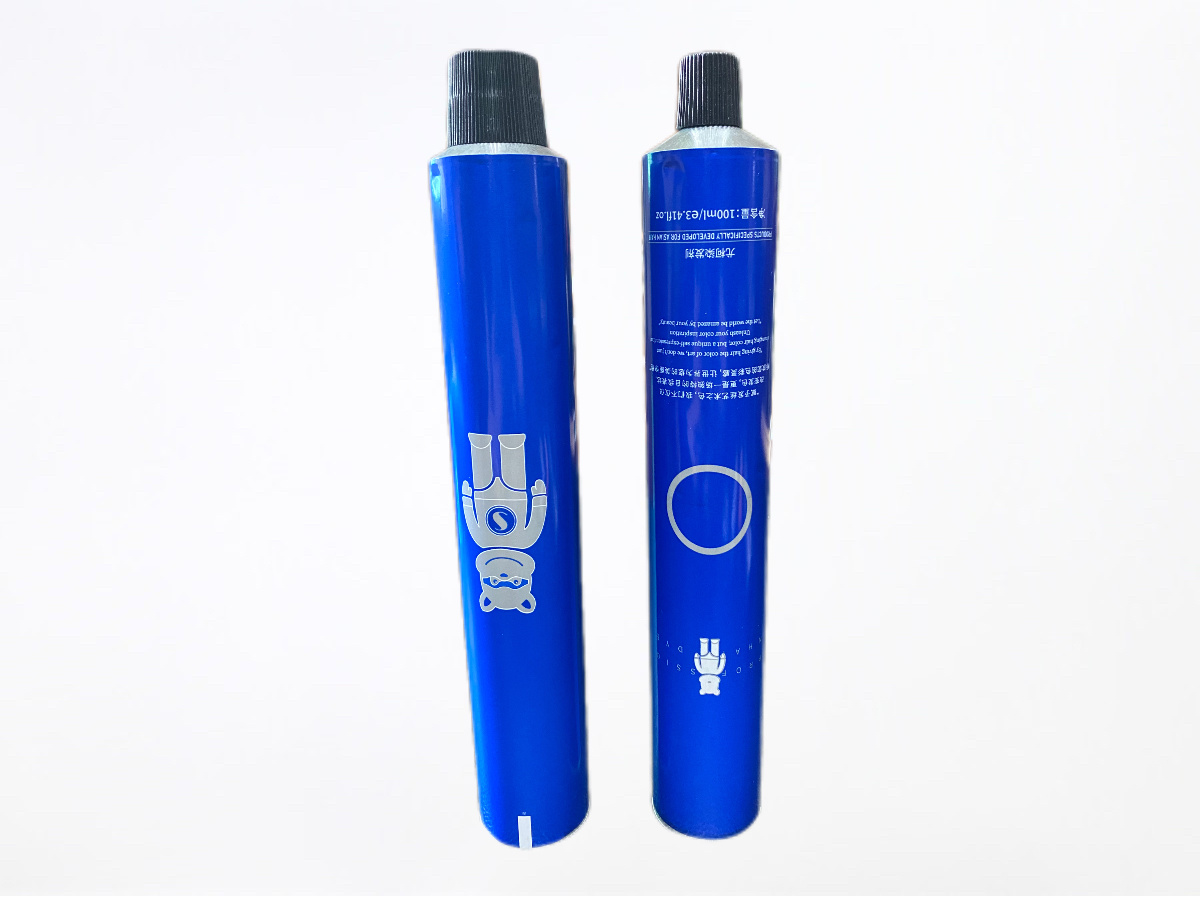Why Shampoo Aluminum Tubes Are the Future of Eco-Friendly Packaging
Release time:
Apr 10,2025
Why Shampoo Aluminum Tubes Are the Future of Eco-Friendly Packaging
Introduction: The Shift Towards Sustainable Packaging
In recent years, **sustainability** has become a major focal point for brands across industries, particularly in beauty and personal care. As consumers grow increasingly aware of their environmental impact, the search for eco-friendly packaging solutions has intensified. Among the various options available, **shampoo aluminum tubes** have emerged as a frontrunner in the quest for greener alternatives.
This article delves into the reasons why shampoo aluminum tubes are not only a wise choice for brands but also a significant step towards a more sustainable future.
1. The Environmental Impact of Traditional Packaging
Traditional packaging, such as plastic bottles, has long been the norm for shampoo products. However, the **environmental toll** from plastic waste is staggering. According to various studies, millions of tons of plastic end up in our oceans and landfills each year, contributing to pollution and harming wildlife.
Plastic production is also energy-intensive, leading to higher carbon emissions. As consumers become increasingly eco-conscious, the demand for alternatives that reduce environmental impact is growing.
2. The Benefits of Aluminum Packaging
Aluminum packaging is gaining traction for several compelling reasons:
2.1. Recyclability
Aluminum is one of the most **recyclable materials** on the planet. It can be recycled indefinitely without losing quality, making it a sustainable option for packaging. When consumers choose shampoo aluminum tubes, they can contribute to a circular economy, where materials are reused and waste is minimized.
2.2. Lightweight and Efficient
Aluminum tubes are lightweight, which makes transportation more energy-efficient. This reduces the overall carbon footprint associated with shipping products. Brands that prioritize **sustainable logistics** can benefit from lower costs and reduced environmental impact.
2.3. Preservation of Product Quality
Aluminum tubes provide an excellent barrier against light, moisture, and air, which helps preserve the quality and efficacy of the shampoo inside. This means that products stay fresher for longer, leading to less waste as consumers can use every last drop.
3. Consumer Preferences and Trends
Today's consumers are more informed and vocal about their preferences. They actively seek out brands that align with their values, including sustainability. Recent surveys indicate that a significant percentage of consumers are willing to pay more for eco-friendly packaging.
3.1. Attracting Eco-Conscious Consumers
Brands that adopt shampoo aluminum tubes can attract a growing demographic of eco-conscious consumers. By positioning themselves as leaders in sustainability, these brands can enhance their reputation and loyalty among customers who prioritize environmental responsibility.
3.2. Marketing Opportunities
Using aluminum tubes opens up unique marketing opportunities. Brands can emphasize their commitment to sustainability in promotional materials, appealing to eco-aware customers. Highlighting the recyclability and environmental benefits of aluminum can enhance brand image and trust.
4. Design Versatility of Aluminum Tubes
One of the most attractive features of shampoo aluminum tubes is their **design versatility**. They can be customized in various shapes, sizes, and colors, allowing brands to create visually appealing and distinctive packaging.
4.1. Aesthetic Appeal
Consumers are drawn to products that not only perform well but also look good. Aluminum tubes can be easily printed with vibrant designs, which enhances shelf appeal and attracts buyers. This aesthetic advantage is crucial in the competitive beauty market.
4.2. Functionality and Convenience
Aluminum tubes are also designed for convenience. Many feature user-friendly designs that allow for controlled dispensing, minimizing waste and ensuring that consumers can easily access every ounce of their favorite shampoo.
5. Overcoming Challenges in Adoption
While the advantages of shampoo aluminum tubes are clear, there are challenges in their adoption that need addressing.
5.1. Cost Considerations
The initial cost of switching to aluminum packaging may be higher than traditional plastic. However, companies should consider the long-term benefits of sustainability, including reduced waste management costs and potential savings from more efficient logistics.
5.2. Consumer Education
Brands must invest in educating consumers about the benefits of aluminum tubes. Informational campaigns can help shoppers understand the importance of recycling and the overall environmental impact of their choices.
6. Case Studies: Brands Leading the Way
Several brands have successfully made the switch to shampoo aluminum tubes, setting an example for others in the industry.
6.1. Brand A: Redefining Beauty Standards
Brand A has launched a complete line of shampoo products in aluminum tubes, highlighting their sustainability efforts. Their marketing strategy emphasizes the recyclable nature of aluminum and how customers can contribute to reducing plastic waste.
6.2. Brand B: Emphasizing Quality and Sustainability
Brand B focuses on high-quality ingredients and sustainable packaging. Their aluminum tubes have been well-received, with consumers praising the fresh, eco-friendly aesthetic and the preservation of product integrity.
7. The Future of Eco-Friendly Packaging in the Beauty Industry
The future points toward a significant shift in the beauty industry regarding packaging options. As regulations against plastic waste tighten and consumer demand for sustainability grows, aluminum packaging is poised to become standard practice.
7.1. Innovations in Aluminum Technology
Innovations in aluminum technology, such as enhanced barrier coatings, may further increase the viability of aluminum tubes. These advancements could lead to even better product preservation and performance.
7.2. Regulatory Changes Favoring Sustainability
As governments around the world implement stricter environmental regulations, brands must adapt to remain compliant. Shifting to aluminum packaging not only fulfills consumer demand but also positions brands favorably in light of potential future regulations.
8. Frequently Asked Questions (FAQs)
8.1. Are aluminum shampoo tubes really recyclable?
Yes, aluminum shampoo tubes are highly recyclable. They can be recycled indefinitely without losing quality, making them a sustainable packaging choice.
8.2. How can consumers ensure they recycle aluminum tubes correctly?
Consumers can ensure they recycle aluminum tubes by rinsing them out to remove any residue and checking with local recycling guidelines for proper disposal methods.
8.3. What are the cost implications of switching to aluminum packaging?
While the initial investment in aluminum packaging may be higher, long-term benefits such as enhanced brand loyalty, reduced waste, and improved logistics can offset these costs.
8.4. Do aluminum tubes affect the product quality of shampoos?
No, aluminum tubes actually help preserve the quality of shampoos by providing an excellent barrier against light, air, and moisture, ensuring the product remains effective and fresh.
8.5. What is the environmental impact of manufacturing aluminum tubes?
The production of aluminum does have an environmental impact, but it is significantly mitigated by its recyclability. Recycling aluminum saves up to 95% of the energy required to produce new aluminum, reducing overall environmental harm.
Conclusion: Embracing the Future of Sustainable Packaging
Shampoo aluminum tubes represent a **smart, eco-friendly choice** for brands looking to align with consumer values and contribute positively to the environment. By embracing this innovative packaging solution, companies not only meet the growing demand for sustainability but also enhance their market appeal. As the beauty industry moves towards more responsible practices, aluminum tubes are set to lead the charge, proving that style, functionality, and sustainability can coexist beautifully.









